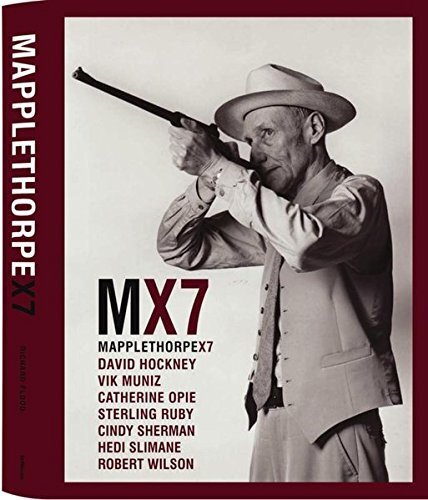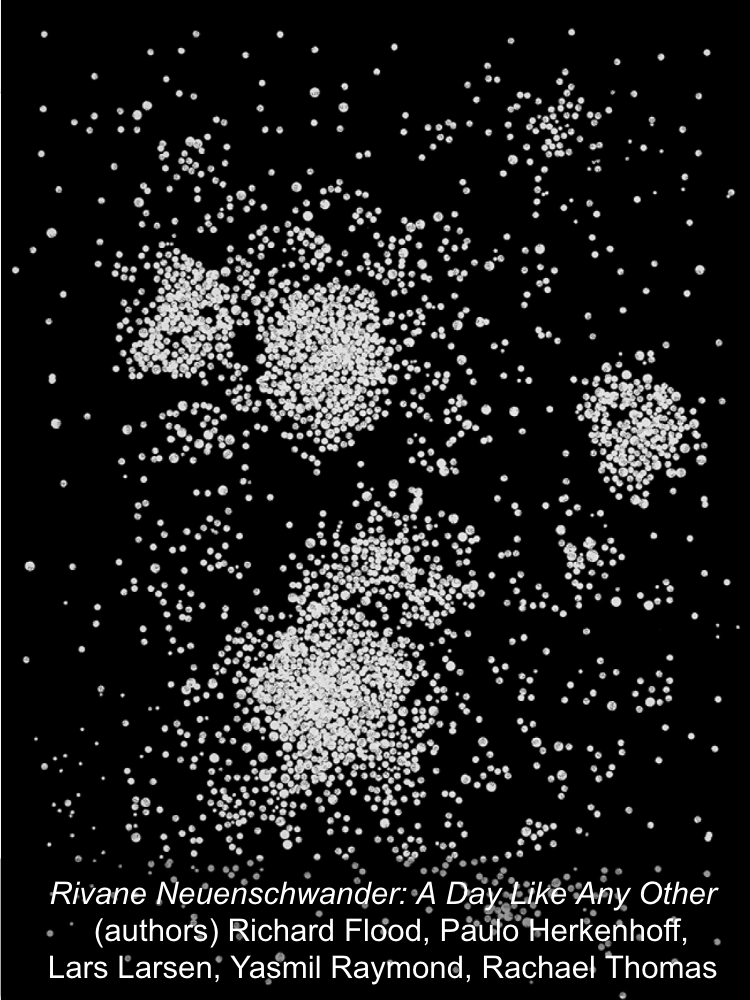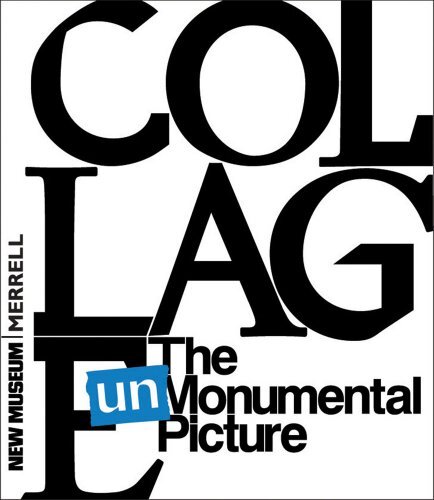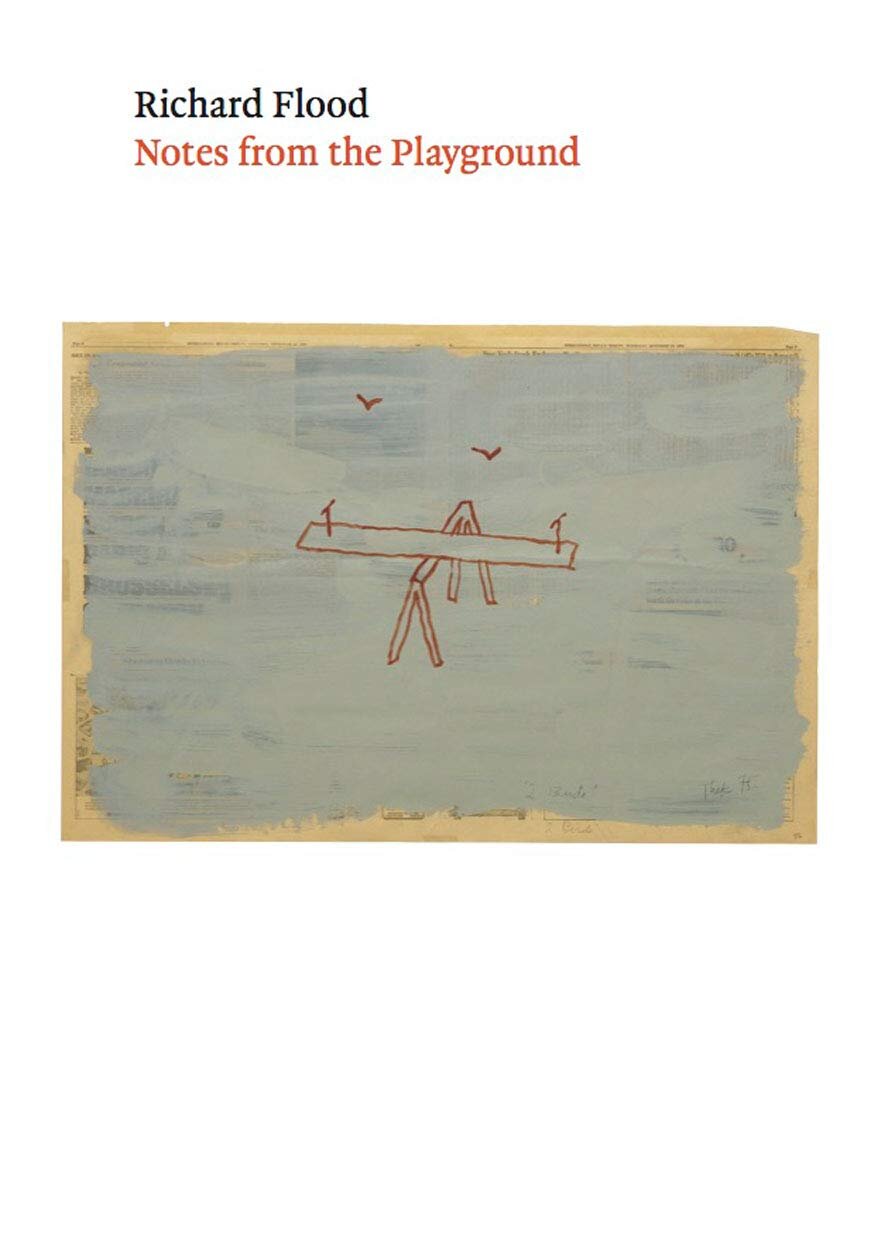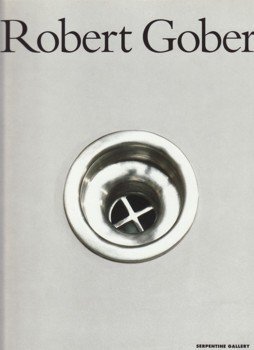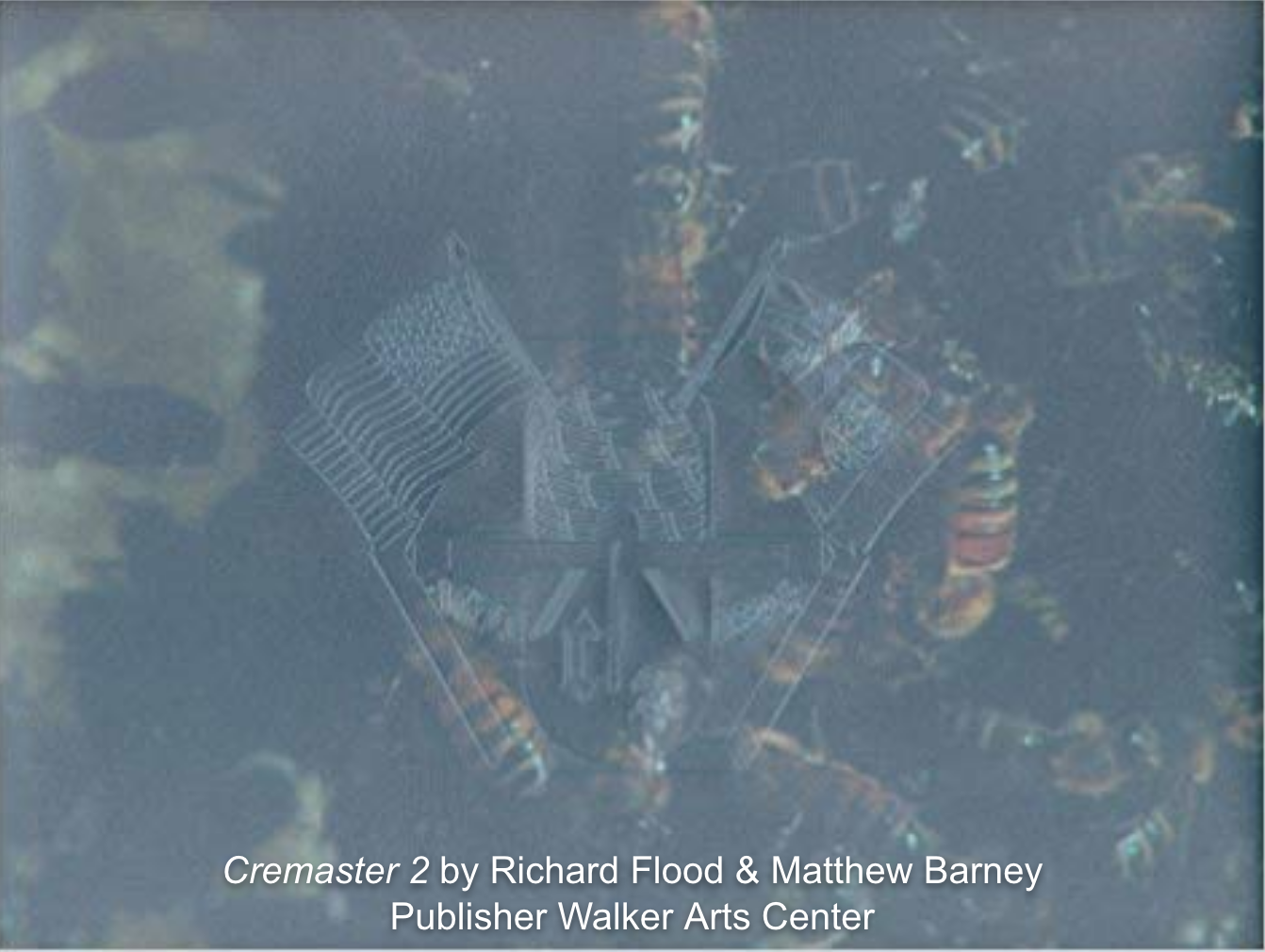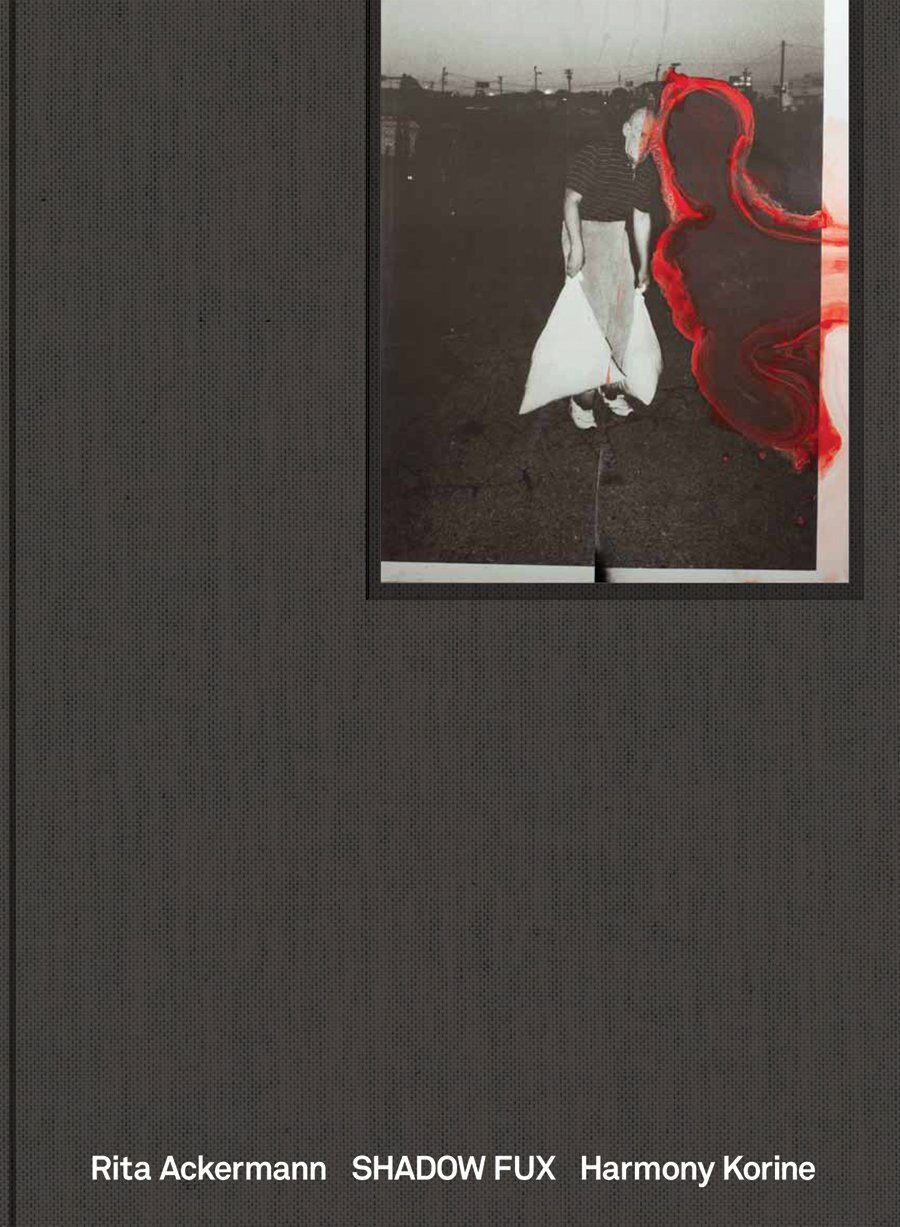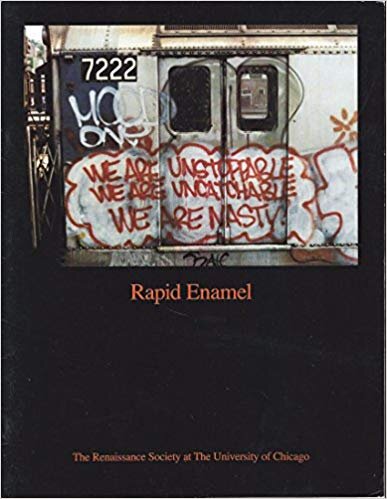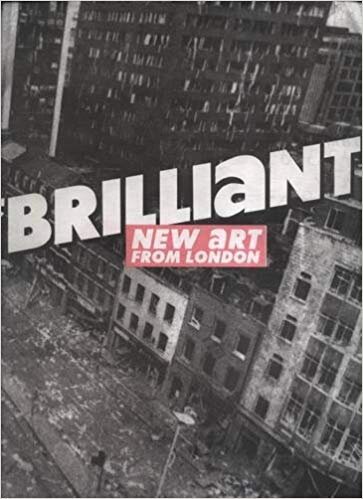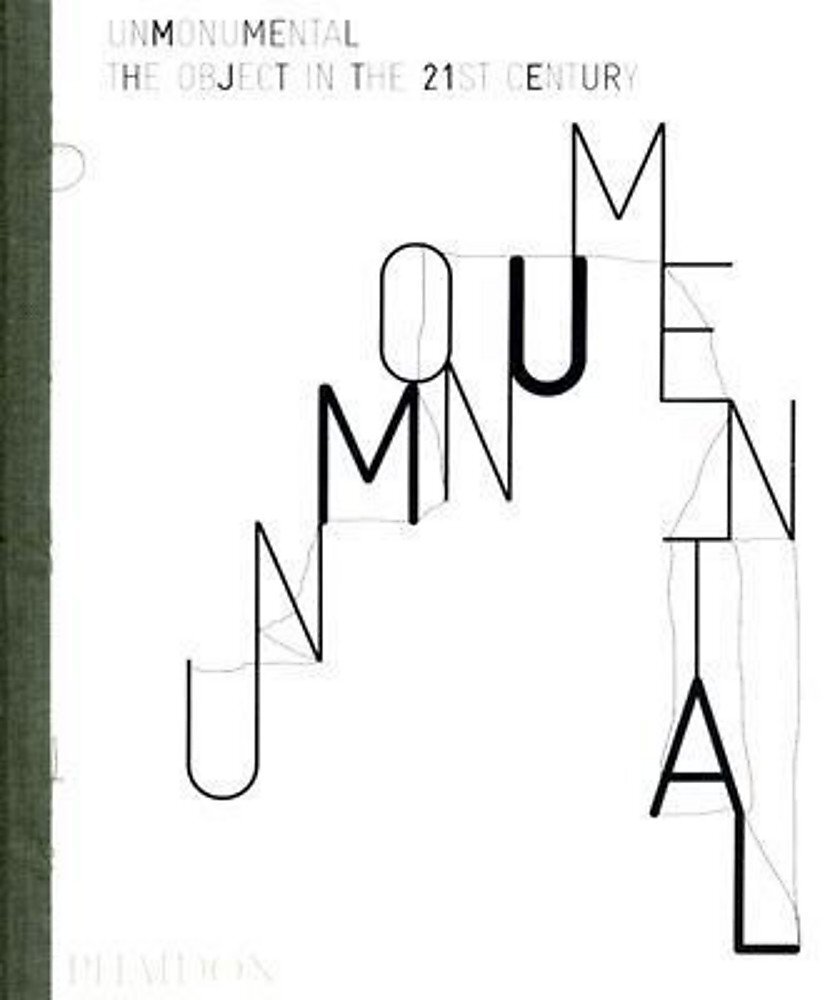Richard Flood serves on the International Leadership Council and Ideas City Initiative at the New Museum. For nine years, he was the museum’s Director of Special Projects and Curator at Large, and from 2005 to 2010, he served as Chief Curator. Prior to this, he was Chief Curator and Deputy Director at the Walker Art Center. He has curated notable exhibitions of the work of Rivane Neuenschwander, Sigmar Polke, and other artists. Flood previously served as the director of Barbara Gladstone Gallery, curator at P.S. 1, and Managing Editor of Artforum. He has taught at the Rhode Island Institute of Art and Design, The Royal College of Art in London, and the National College of Art and Design in Dublin. His writing has appeared frequently in Artforum, Parkett, and Frieze.
RICHARD FLOOD
There was a lot of talk about size and money. There are these, like every 10 years, there's like a moment that's kind of uglier than every other preceding moment and because everything is twisted around the market. And there was a lot of talk about monumental. And we were really, as a unit, the one thing that we did agree on was that that concept was horrible. And let's look at the unmonumental as the future. And it was interesting because there were a lot of very tough, very interesting artists who were specifically going against the monumental notion, that were looking deep into themselves. They were looking for small emotions. Tiny, like a teardrop of emotion, could also be a belly laugh of emotion, but it was like they were looking for things that other people were not looking at. And so we decided to put together a group of artists who each of us could agree were modest, visionary, human. I don't know, I could keep throwing adjectives at it, but it was like people who were, Okay, we get it. It's a big moment. Wants large things. People want to pay a lot, but at the same time. No, I'd rather do this. I'd rather make the small gesture as opposed to the heroic gesture.
THE CREATIVE PROCESS
You have been around some amazing artists.
FLOOD
One person who for a period of time that I spent a lot of time with was Richard Prince. He's a brilliant writer, first and foremost. I think one of the best social critics around. But he also has this absolute passion for the lowest commodity in humor which he, in my mind, manages to make incredibly elegant. You know, so it becomes very hierarchical in Richard's world. And just even the telling of a joke or the phrasing of how you tell the joke. I'm really aware of that because of him.
And I think he is another one who is unconscionably brilliant because he does not a lot with what he could. He does a lot with what he's got. But he has more. That's always been kind of a regret that he's ending up in an ambiguous, or he is at this moment, in an ambiguous place. Kind of like a trickster. People aren't sure.
THE CREATIVE PROCESS
That's always the risk. People changing shape or people reacting to different stimuli.
FLOOD
Yes, but it's him reacting to them more than them reacting to him. I think it's his view of the world becomes increasingly moribund. I also think it's one of the most brilliant artists for this moment in time.
For me, the biggest deal is making sure that the younger generation gets involved in positive ways and that somebody is helping them. Think about the next place, you know, the next step, the next... Getting it right. Losing some really bad values, strengthening the values that are working for you. Even now, I'll have conversations with younger people in the business, and we really try to keep the conversations quite straight. And for me, it's the best thing.
THE CREATIVE PROCESS
Because the questions can be useful. We began this conversation with it's important to have the right questions and then you can communicate with your audience. And they can be so surprising their questions. Or what they're thinking of.
FLOOD
Right and that's that was why I always loved teaching was the fact that you––I can ask them the questions.
THE CREATIVE PROCESS
And you learn in the process!
FLOOD
Absolutely. My answers are no longer relevant, but theirs are.
THE CREATIVE PROCESS
What for you is the importance of the arts and the humanities as you look forward to the future?
FLOOD
They make life livable.
THE CREATIVE PROCESS
They're life itself maybe we should say.
FLOOD
I don't know what I do if I didn't have access to them.
THE CREATIVE PROCESS
Tell us about the Visionary series.
FLOOD
The Visionary series came about because we got a grant. We had to write a proposal, and we needed a vision, right?
THE CREATIVE PROCESS
So you invited some people in!
FLOOD
So, it was basically sitting down with Lisa trying to figure out what a good thing would be. And I think both of us, in the end, felt, Alright, enough of the new. You know, it's like everything we do is like catering to the next generation or the generation after that. Are we doing anything for our own generations? And what might be interesting?
And so it was kind of like, why don't we look at all the disciplines and try and find somebody who has defined something in their life or is in the process of defining something. That could be good. Nothing. I mean, it wasn't screaming, look at me. It was a very prosaic idea. But we were lucky from the get-go to get very interesting people and to get people who were not necessarily ever on the same dance card. And it's an initiative that hasn't been fed a huge amount of anything other than like really sincere interest in getting the right variety of people.
And I would hope, and I'm sure Lisa would echo this, I would hope that some of the people who come will stay both in terms of audience, but also in terms of the visionaries who were there. They, a lot of them, have come back time and time again or sent somebody to us or given us a call, like you might want to check out this person. And for some of them, it's been quite therapeutic.
THE CREATIVE PROCESS
It's interesting how a good question can get people to define–and you said were in the process of defining themselves–and sometimes we are moving so quickly, we don't know. And to for them to think.
How do you define yourself? How have I spent my time on this planet? What is my vision? It's an important question. How do you see as a curator? What is this thing? How have you developed your senses?
FLOOD
I don't know. I was thinking for the last couple of years, it was like, what's your next show? What are you getting ready to do? And I was like, I don't know. I don't have a clue. And I still don't. My guess is it would be to do something in the decorative arts.
THE CREATIVE PROCESS
Oh, yes, because you're interested in design, decorative, and you don't feel that that's something that is given its proper value?
FLOOD
No, I just think it's underknown.
THE CREATIVE PROCESS
And it gives us pleasure.
FLOOD
Absolutely, but it also can make the blood run cold. I mean, some of the work that I know is terrifying.
THE CREATIVE PROCESS
How did Ideas City come about?
FLOOD
Ideas City was a thrill that came up at a meeting. There were endless conversations about Ideas City or Idea City or every possible twist and turn. We were having monthly conversations with a group of neighbors from the Lower East Side. We were talking to people from Cooper Union. That was our one academic. We were talking to the Storefront for Architecture people.
THE CREATIVE PROCESS
Tell me about what is Ideas City. It has gone to different cities. I think New Orleans was the most recent? It's changed as it has gone to different cities.
FLOOD
Well, we did it in New York because we didn't know what it was.
And it really was what we were publicizing that it was was a day-long seminar on urban creativity, and how it was absolutely crucially necessary to keep a city fresh and to keep a city refreshed. And that was the major thing. And also to really learn who your neighbors are. What can they contribute that you aren't? And so that's how the roundtable came about. And everybody who ended up at the roundtable, of course, had somebody else that they thought was important, which led to, not additional members, but led to one full day a year where we met, where you came for breakfast, stayed for lunch and could go on to dinner, if you so desired. But it was just ideas barnstorming. And that became an important part of it. And we also began to invite people from other parts of the country, other countries to join us. And that was really refreshing because we would pick one or two ideas as points of discussion and not be insane about enforcing it. Just let's drift around that order for a while. And it was amazing. It gave us tons of ideas. We were all sitting there taking notes and getting more and more excited. The partners who had been invited. The same happened, but then we were very interested in expanding like let's, every other year, let's take it on the road. What's the road? Where do we go? And then that part, of course, involved budgeting that was bigger than anything we had even dreamed about.
This interview was conducted by Mia Funk with the participation of collaborating universities and students. Associate Interviews Producer on this podcast was Ally Chou.




